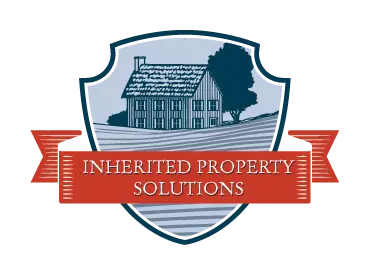An earlier blog post covered selling a property via an auction. This post covers selling a property on your own. This process is just as it sounds. You do the legwork and there is potential to save money if you do everything correctly. I stress potential to save money because people don’t know what they don’t know and in real estate, it can become costly very quickly.
Pros
- You won’t pay commission fees. An average commission fee is 6%. On a house selling for $250,000, that’s $15,000 in savings.
Cons
- You risk losing money. On average, homes sold by the owner are 15% less than homes sold through a real estate agent, making the 6% you gain by not paying commission fees seem more appetizing. (Source: Quicken Loans)
- You’ll have to educate yourself on the market and the probate and inheritance selling process. For example, if you have not educated yourself on laws, processes and other nuances related to the probate sale, you could end up spending more time and money than if you had hired a real estate agent from the start.
- You’ll have to deal with potential buyers and other professionals such as a lawyer and an appraiser on your own.
- You’ll have to research and prepare all of your own legal documents.
- You’ll have to market the house on your own. That starts with taking the pictures yourself or hiring a photographer to do so, then listing it and promoting it online, holding open houses, etc.





